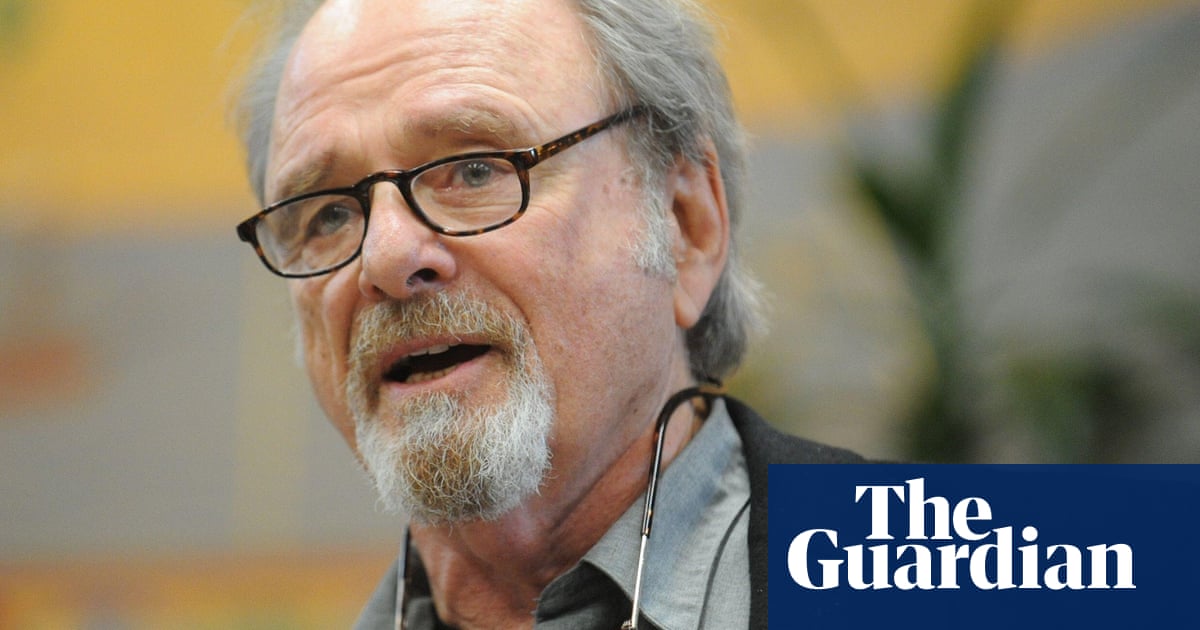The Metropolitan Police chief, Sir Mark Rowley, has expressed deep concern over a planned protest in London supporting the group Palestine Action. He finds its actions troubling, believing they go beyond legitimate protest.
This comes as the UK Home Secretary prepares to classify Palestine Action as a terrorist organization. Such a declaration would grant authorities more power to manage protests associated with the group.
Recently, Palestine Action activists made headlines by breaking into RAF Brize Norton in Oxfordshire and vandalizing military planes. They protested against the UK’s backing of Israel amid the ongoing Gaza conflict. The protests are set to continue, with 35 groups backing the London demonstration, including well-known organizations like the Stop the War Coalition and Muslim Engagement and Development (MEND).
Commissioner Rowley described Palestine Action as an "organized extremist criminal group." He noted that, for now, the police lack legal power to stop the protest, but they can enforce rules to prevent chaos and damage. This includes limiting the protest time and designating areas where gathering is not allowed.
Despite the restrictions, Palestine Action insists on going ahead with the protest at Trafalgar Square. They argue that labeling them as terrorists undermines democratic values. A member of the group, Saeed Taji Farouky, stated that the government’s move is a threat to democracy, urging vigilance among the public.
Palestine Action has focused its efforts on disrupting the arms trade since the conflict escalated. They claim that their actions aim to halt support for what they term genocide. Their recent activities highlight rising tensions in UK politics as public opinion shifts surrounding the Israel-Palestine conflict.
Public reactions are mixed. Some politicians, like former Home Secretary Suella Braverman, view the government’s actions as necessary, while others criticize it. Independent MP Zarah Sultana reflects on past protests against the Iraq War, suggesting history may be repeating itself.
Human rights organizations, including Amnesty International, are watching closely. They warn that using counter-terrorism laws for protests risks infringing on civil liberties. Baroness Shami Chakrabarti, a prominent human rights advocate, shares this concern and fears the implications of labeling anyone associated with Palestine Action as criminal.
The context is critical: regular protests have erupted since Israel initiated military actions after a deadly attack on October 7. Reports indicate that over 60,000 people have died in Gaza since then, sparking worldwide outrage and varying opinions about the conflict’s dynamics.
Discussions continue on social media, with many users weighing in on the complexity of protests, civil rights, and the ongoing humanitarian crisis. As society grapples with these issues, the balance between security and free expression remains a contentious topic.
For more in-depth analysis on the implications of these protests, you can read findings from the European Institute of Peace and their studies on civil movements.




















